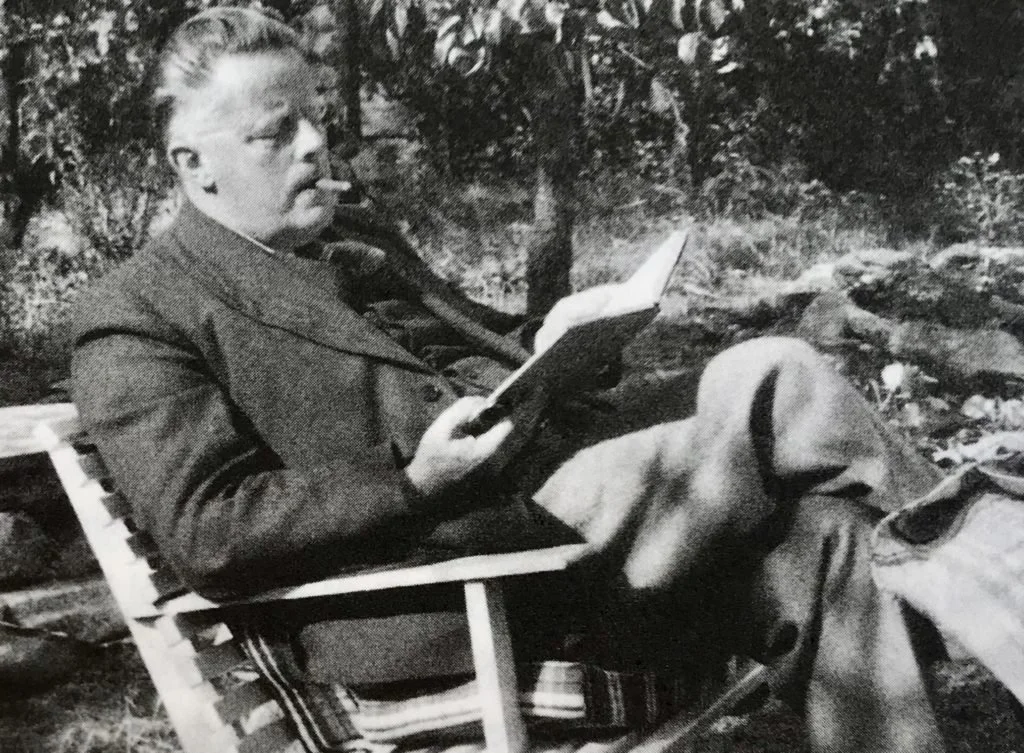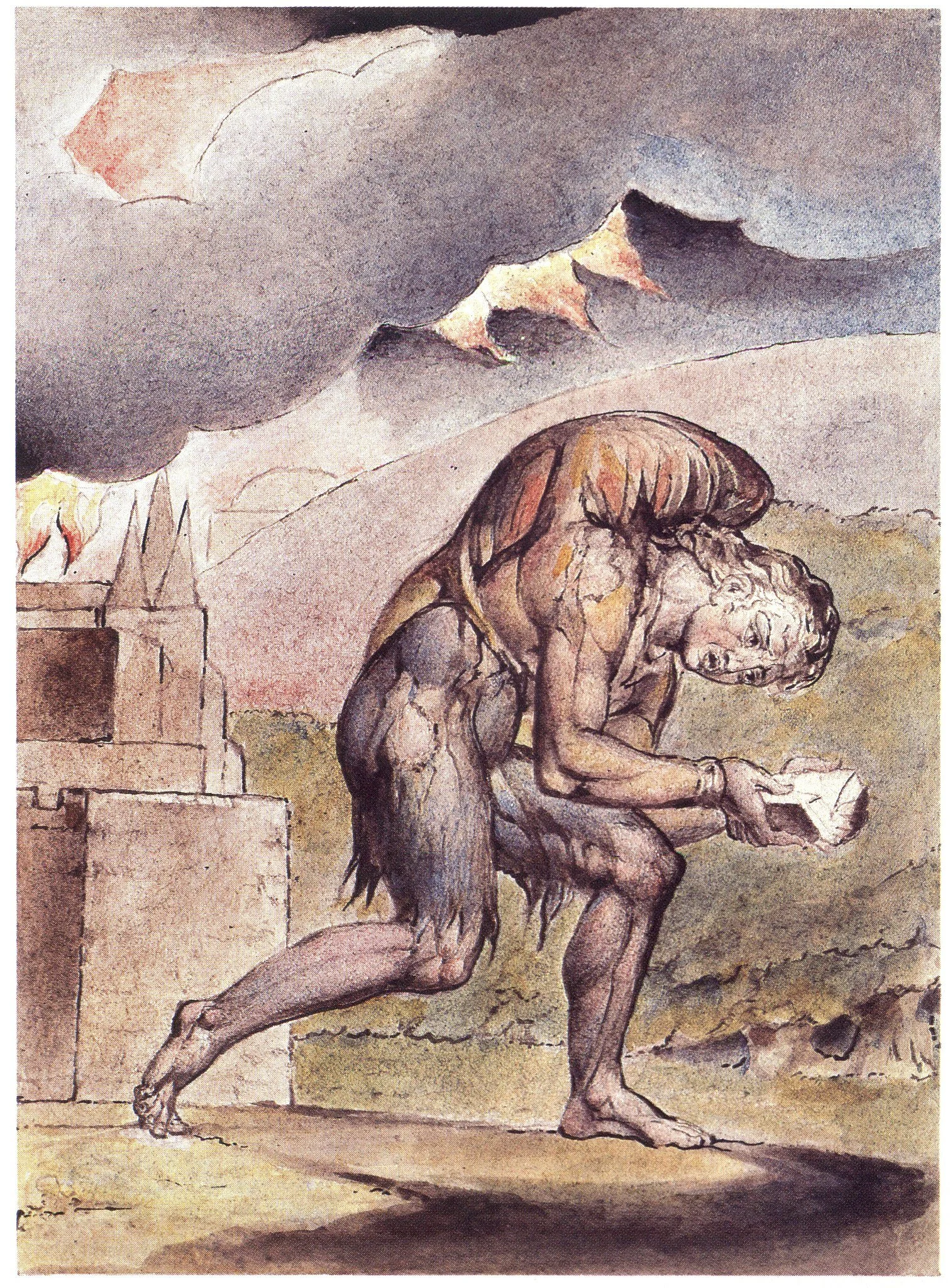Rowan Williams on freedom from the passions: “The light of the resurrection is not only what allows us to see ourselves a bit more clearly…. It is what allows us to see the entire landscape of God’s creating activity in the radiance of Christ’s presence in the Spirit. This landscape is, by God’s grace, show to us as our homeland; it is where we belong. And this is what the life of apatheia, the life of freedom from the tyranny of ‘passion’, is finally about; living in the joyful and grateful awareness of God’s perspective on the creation God loves and transfigures; praying and labouring day by day for that inch-by-inch growth in clarity, freedom, charity; growing in the right kind of detachment that lets us see our muddled lives embraced and healed in Jesus, the author and the pioneer of our faithfulness.”
New Catechesis Books from Lexham Press
Lexham Press has swiftly become one of the leading evangelical presses producing catechesis books—which I hope many other presses will follow! … But unlike many other presses, who might balk at the term catechesis, Lexham has unapologetically foregrounded it, publishing usable, orthodox resources for catechesis—rooted in solid theology with a pastoral and familial orientation. In this post, we review two new books in their catalogue: the Lexham Press Essentials Catechism and The Ten Commandments for All God’s Children.
A Script for the Christian Life: Trevor Hart on the Creed
Trevor Hart on the Apostle’s Creed and the Christian imagination: “But bullet pointed though it may be, the Apostles’ Creed is nonetheless a power-packed summary designed precisely to capture our imagination and, far from shutting it down or rendering it otiose, to send it into paroxysms of visualization, curiosity, and exploration, and its brevity and clarity make this particular creed far more useful in practical terms than some others.”
Memory and Attention: Hans Boersma's Pierced by Love
Hans Boersma on spiritul reading: “It is important, therefore, to appreciate that lectio divina is nothing out of the ordinary. When we do lectio divina, we read Scripture in line with its divine character—as we always should. To be sure, this claim has a polemical edge. It implies that we do not find the meaning of Scripture simply by asking what the human author intended with the text. We do not find the meaning of Scripture simply by sticking with a proper method, whether of a grammatical or a historicalcritical nature. In short, we do not find the meaning of Scripture when we think of ourselves first and foremost as historians. We find meanings—note the plural!—of Scripture primarily by looking forward (to its divine purpose) rather than by looking backward (to its human origins).”
Catechesis as Resistance: K.H. Miskotte's Biblical ABCs
Kornelis Heiko Miskotte, 20th-century Dutch Reformed theologian and Nazi-resistor, on relearning the spiritual grammar of the divine Name in catechesis: “The central place of the Name means that revelation is always a particular revelation—always has been, is, and will be. God has a name: God is not the nameless one. God is not the All, but is known as a reality that distinguishes itself in the world from the world. God does not appear to us as the most general, that which can be found everywhere, but rather as the most unique, that which can be sought and found somewhere specific. This does not mean God couldn’t be the most general and the all-powerful and the omnipresent, but rather that the road to knowledge does not begin with the general. We must follow this road, the road of Revelation, to meet the true and living Godhead.”
The Catechist as Historian
A review of Mark Noll, David Komline, and Han-luen Kantzer Komline’s Turning Points: Decisive Moments in the History of Christianity, 4th ed. (Gand Rapids: Baker Academic, 2022): “The book remains—in substance and style—a gift to Christian pastors, teachers, and lay persons who want to understand the Christian past better and in ways that can inspire thoughtful Christian living.”
Catechesis for the Road: A Review of Curtis Freeman's Pilgrim Letters
This kind of ecumenical Baptist viewpoint characterizes this book as well. The publisher rightly describes the tenor of these letters as “evangelical-catholic, free-church-ecumenical, and ancient-future.” Freeman is clearly writing within the Baptist tradition, even as he seeks to help those within the tradition reach out to the broader and deeper roots of the broader Christian tradition. In these pages, Pilgrim meets saints of the Great Tradition, such as Tertullian, Augustine, Anselm, Bonhoeffer, and Romero, as well as leading lights from the Anabaptist and Baptist traditions—Thomas Grantham, Edward Barber, William Carey, and others. We also meet some of Freeman’s own teachers (as well as students), and local churches.












